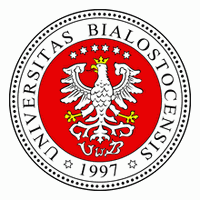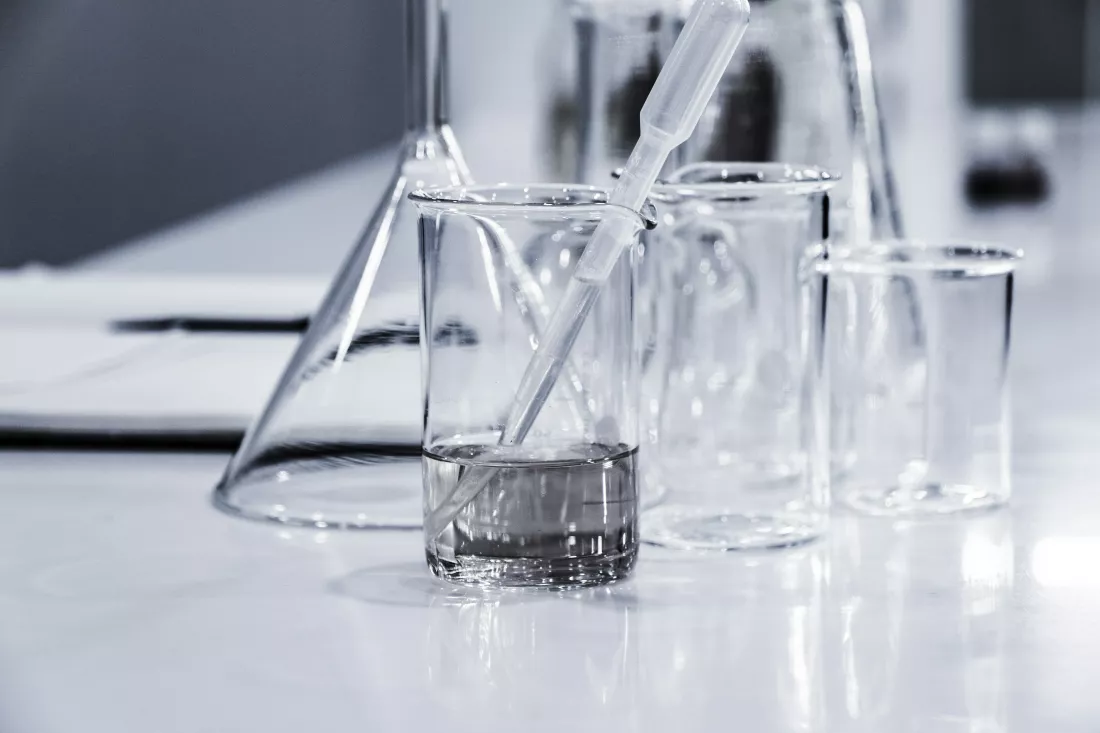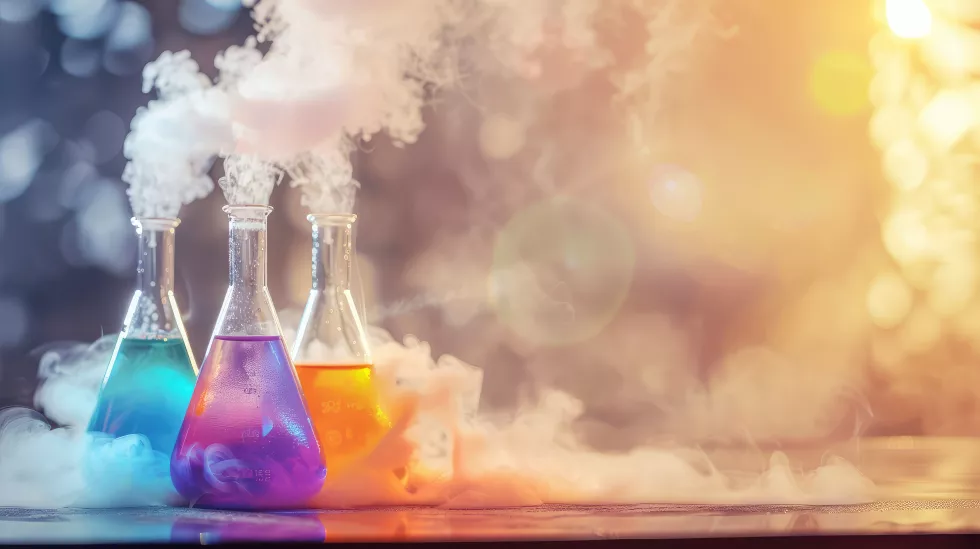Modern warfare, we discovered, was to a far greater extent than ever before a conflict of chemists and manufacturers. Manpower, it is true, was indispensable, and generalship will always, whatever the conditions, have a vital part to play. But troops, however brave and well led, were powerless under modern conditions unless equipped with adequate and up-to-date artillery (with masses of explosive shell), machine-guns, aircraft and other supplies. Against enemy machine-gun posts and wire entanglements the most gallant and best-led men could only throw away their precious lives in successive waves of heroic martyrdom. Their costly sacrifice could avail nothing for the winning of victory.
David Lloyd George (1938) War Memoirs




